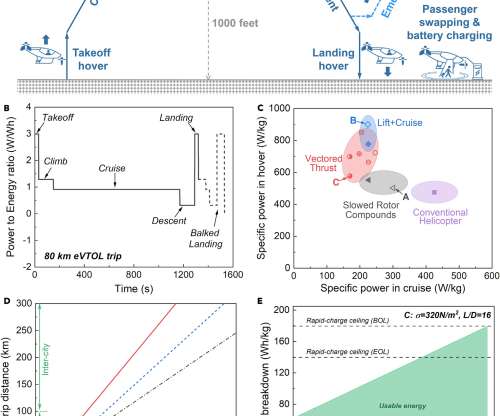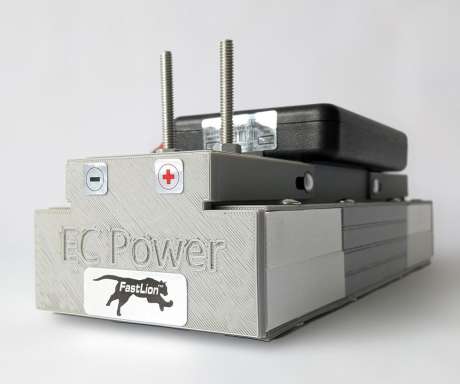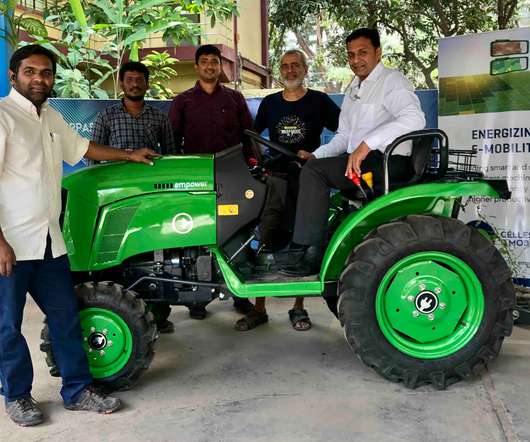Penn State team investigates battery requirements for eVTOL applications vs EVs
Green Car Congress
JUNE 7, 2021
The unique operating profiles and requirements of electric vertical takeoff and landing (eVTOL) aircraft—also known as flying cars—present formidable challenges to batteries. EVTOL requirements on battery specific power and energy. Representative battery power profile during an eVTOL trip. From Yang et al.

































Let's personalize your content